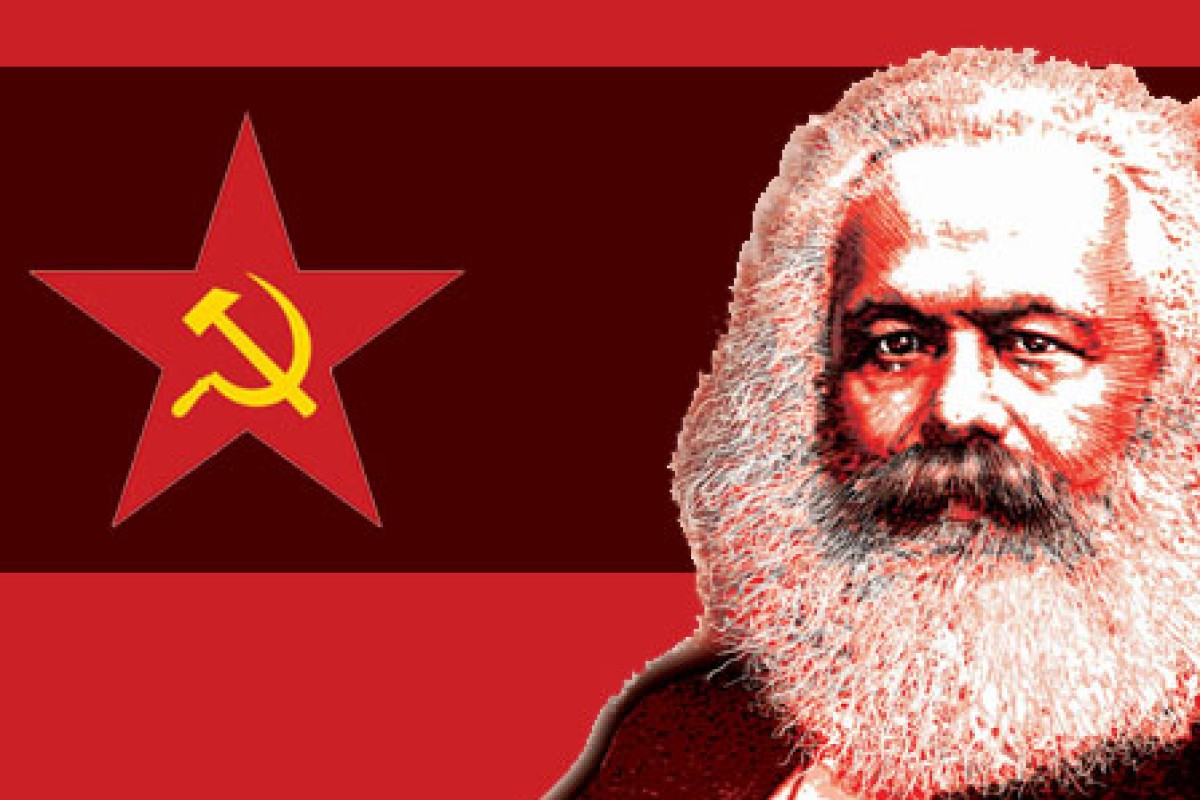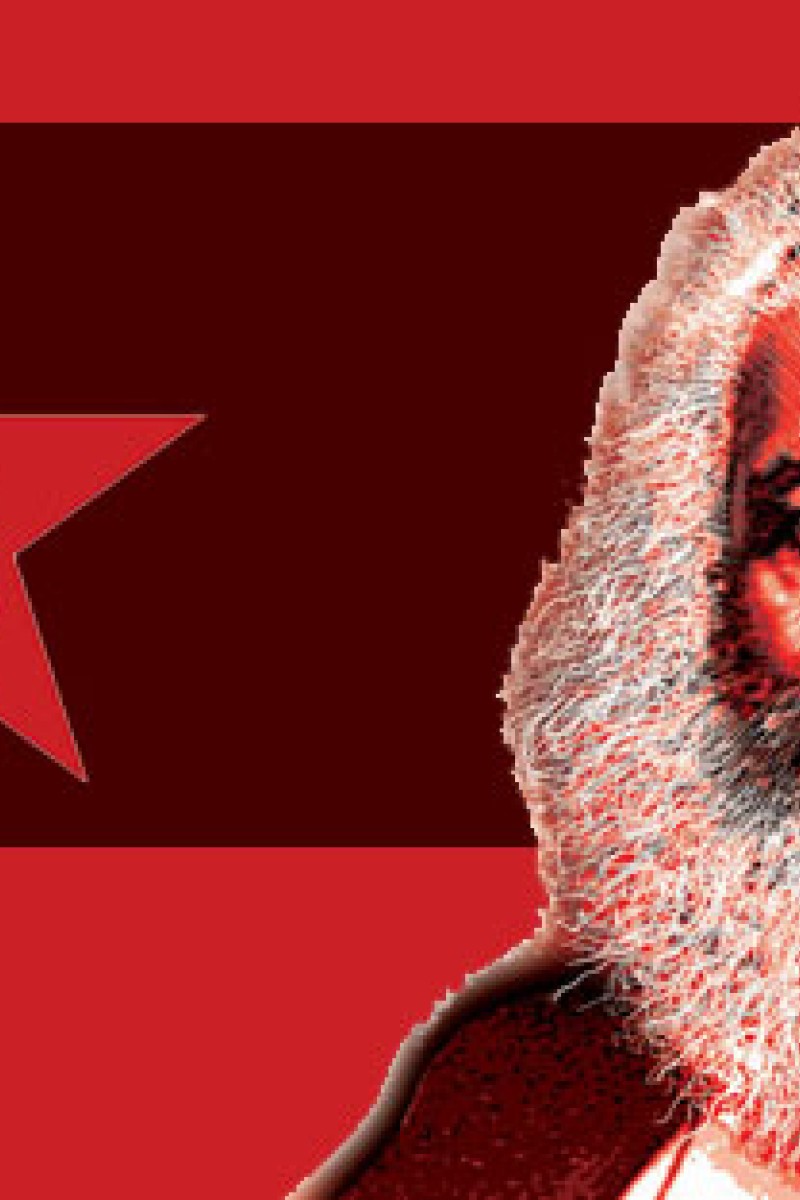
|
" The history of all hitherto existing society is the history of class struggles"
A big thinker
Find words that mean: edge, power to affect somebody, fabric, work together
Karl Marx was born to Jewish family. His father, a lawyer, was a big intellectual influence on his son. His father persuaded the young Marx to study law. At the age of 17, Marx enrolled in Bonn University. A year later, he moved to Berlin.
In Berlin, the most influential thinker was Georg Wilhelm Hegel (1771-1831), even though he had recently died. His theory was that everything in the world has an effect on everything else.
Hegel was a huge influence on Marx - but philosophy didn't earn money. At 23, Marx was respected as a radical thinker, but he didn't have a job. He ran a newspaper for a while, but it was shut down for its views by the government. In 1843, Marx moved with his new wife, Jenny, to Paris.
In Paris, Marx met Friedrich Engels. Engels had become a socialist after seeing how badly working class people were treated when he took over his father's textile factory. Engels and Marx would collaborate for many years.
Marx was kicked out of Paris in 1845 for his ideas. He moved to Belgium. With Europe on the brink of revolution, the Communist League asked him and Engels to write a brief book explaining their outlook. They wrote The Communist Manifesto.
Nobody took much notice at the time, but the book would change history - unfortunately for Marx, after his death in London.
Marx and ChinaChoose the right option In articles he wrote for the New York Daily Tribune - then the world's most widely distributed collaborate newspaper revolution- Marx predicted that revolution was coming to China. It was the time of the Opium Wars, and Marx could see that China was going to collapse. The first meeting of the Chinese Communist Party (CCP) took place in Shanghai on July 21, 1921. Twelve Chinese communists attended, including Mao Zedong. They were joined by two Russians. Russia had had a communist collaborate newspaper revolutionin 1917. |
At first the Russians wanted the CCP to collaborate
newspaper revolutionwith the Nationalist government of China. But although the CCP and the Nationalists worked together to fight the Japanese, by 1946, they were at war. In the last year of fighting, the CCP killed around 1.5 million Nationalist troops. On October 1, 1949, Mao founded the People's Republic of China. Marx's ideas had won over China.
True or false?
To test your memory, try answering without referring to the text. If you can't remember the details, read the piece again.
1 Marx's father was a rabbi.
2 Marx first studied law.
3 Marx died in Paris.
4 Marx predicted his thinking would lead to a revolution in China.
